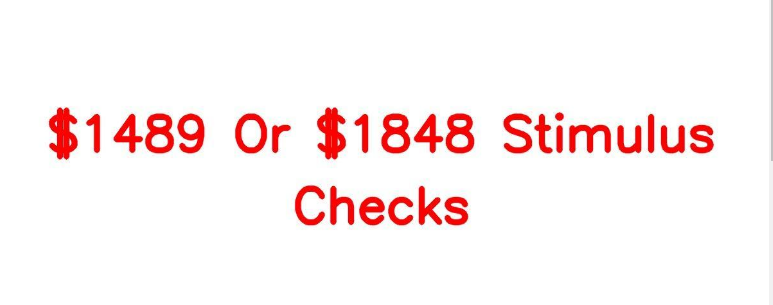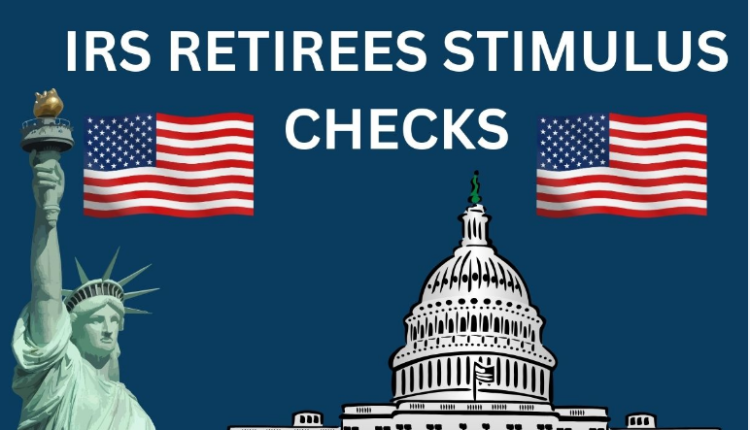The United States government, through the Social Security Administration (SSA), has announced a significant financial aid program for retirees. This initiative involves the distribution of stimulus checks, valued at either $1,489 or $1,848, targeting specific groups such as the blind, disabled, or financially underprivileged.
Eligibility Criteria for the Stimulus Checks

To qualify for these stimulus payments, individuals must have been part of the Social Security system since May 1997 or later. Additionally, the distribution of these checks is influenced by the recipients’ birth dates. It’s important to note that these payments are available to those already receiving retirement or Social Security Disability Insurance (SSDI) benefits.
Scheduled Payments and Amounts
The SSA is set to issue a $1,848 stimulus check to eligible retirees soon. However, it is crucial to understand that some seniors and disability payment recipients will not receive checks in December 2023, as they had already received their Stimulus Checks Payment for 2023 on December 1.
The Role of Supplemental Security Income (SSI)
SSI plays a vital role in this program, offering financial assistance to disabled individuals with limited income and resources. Most individuals receiving SSI are also eligible for additional benefits, including healthcare assistance.
Payment Dates and Details
Payment dates are determined based on the type of benefit and the recipient’s birth date. For instance, retirees born between January 1 and December 10 are expected to receive their payments on December 13, 2023. The maximum retirement benefit amount for 2023 is estimated to be $4,555, with a projected increase to $4,873 in 2024.
Tax Implications of Social Security Benefits
Recipients of these stimulus checks should be mindful of potential tax implications. If an individual’s income exceeds certain thresholds, a portion of their Social Security benefits may be taxable. For single filers with incomes between $25,000 and $34,000, up to 50% of the benefits could be taxed, with this percentage increasing for higher earners.
Read More:
- Michelle Obama Reflects on 2024 Election Concerns, Leadership, and Democracy on ‘On Purpose’ Podcast
- Tragic Turn: Fatal Milk Truck Crash at California-Nevada Border Stirs Public Debate
- A Disturbing Parole System Failure: Brutal Attack on CTA Red Line Raises Alarm
The upcoming stimulus checks for retirees represent a significant measure by the U.S. government to provide financial aid to vulnerable groups. Understanding the eligibility criteria, payment schedules, and potential tax implications is crucial for beneficiaries. This initiative reflects the government’s commitment to supporting retirees and those with disabilities, ensuring they have the necessary resources during their retirement years.

